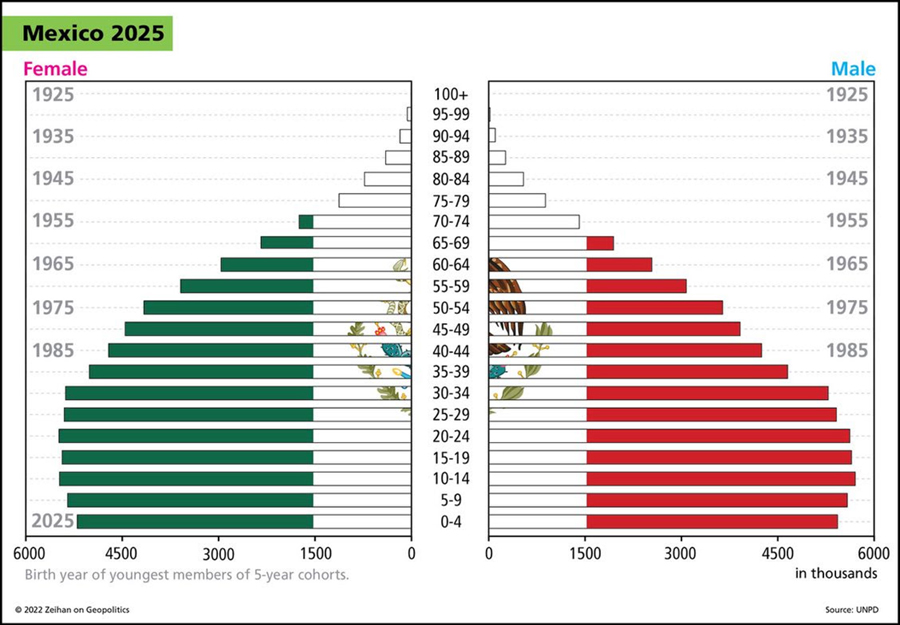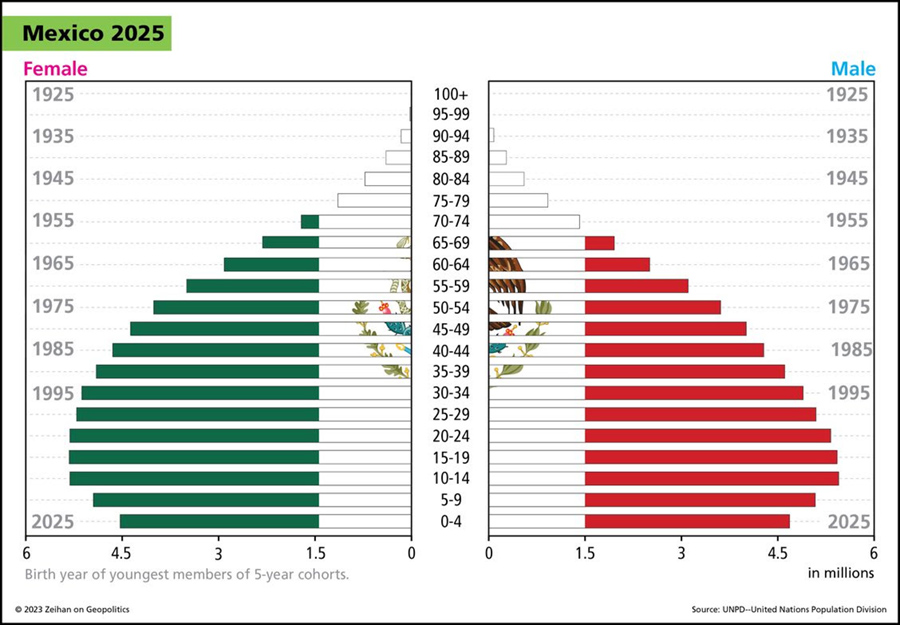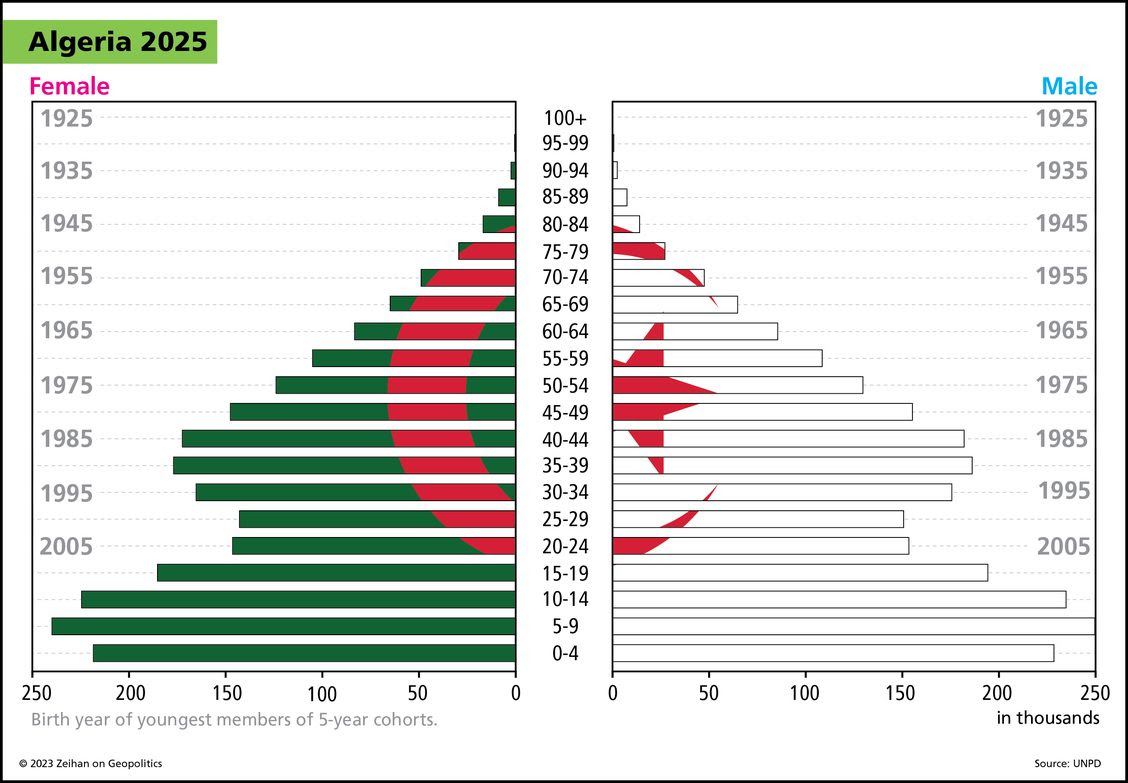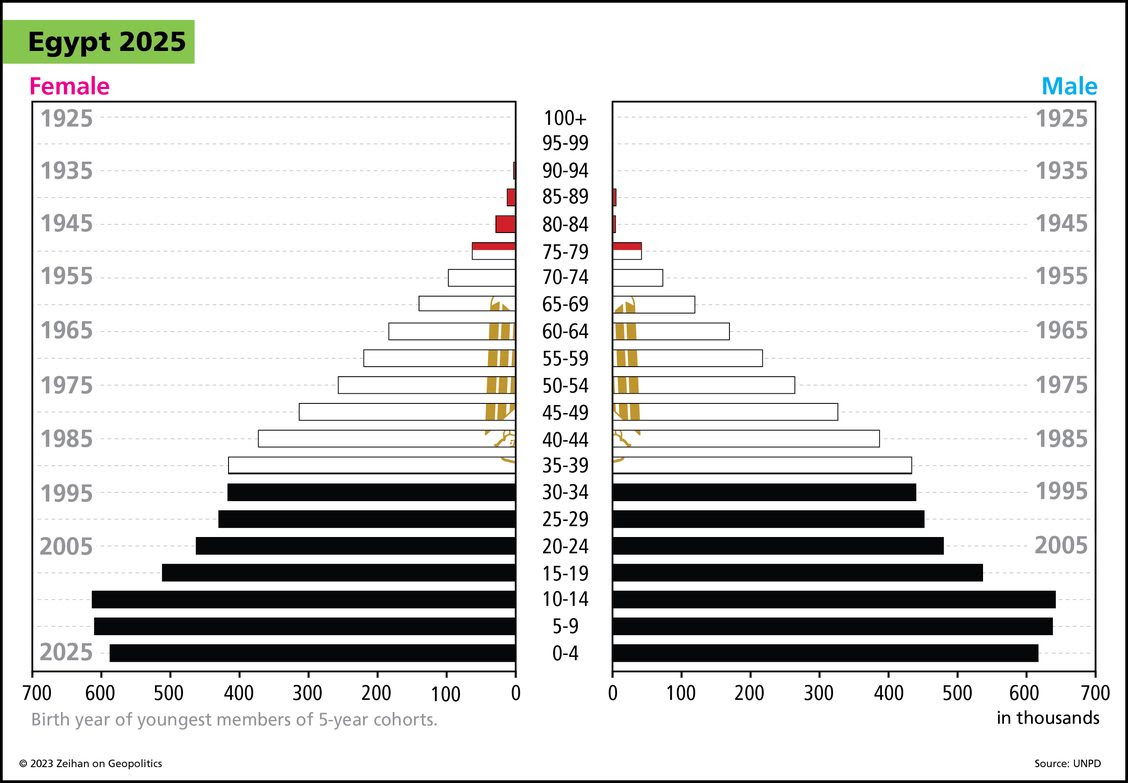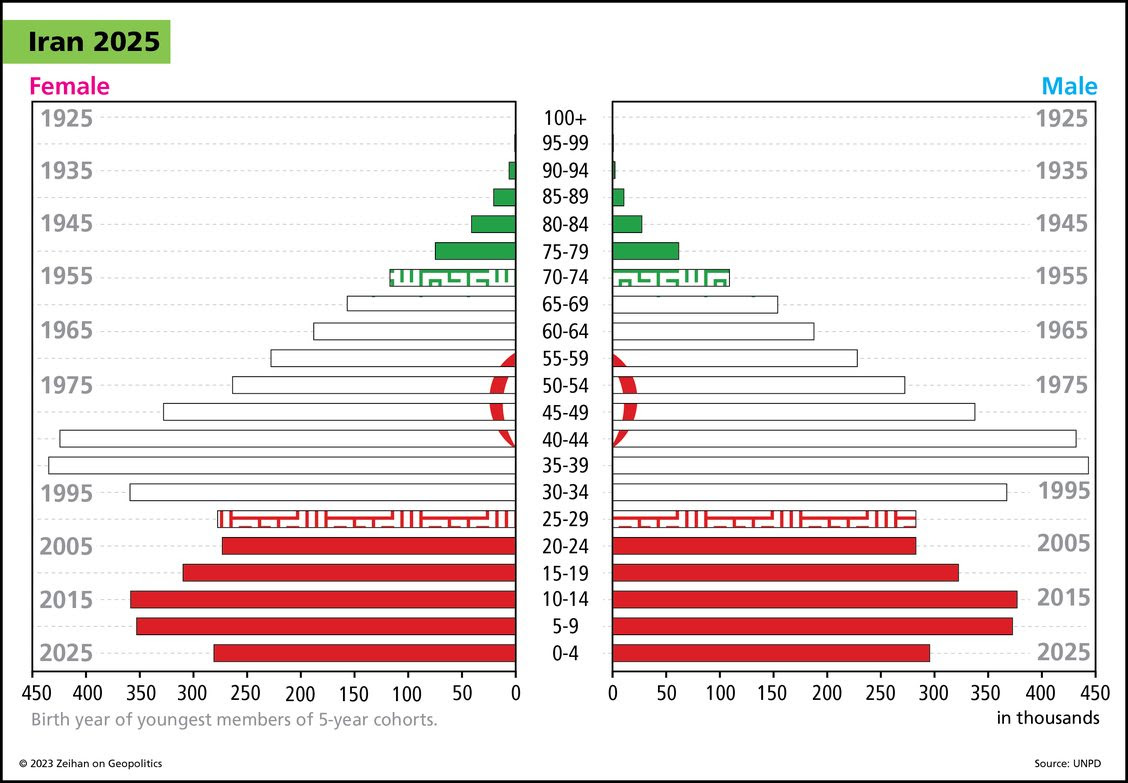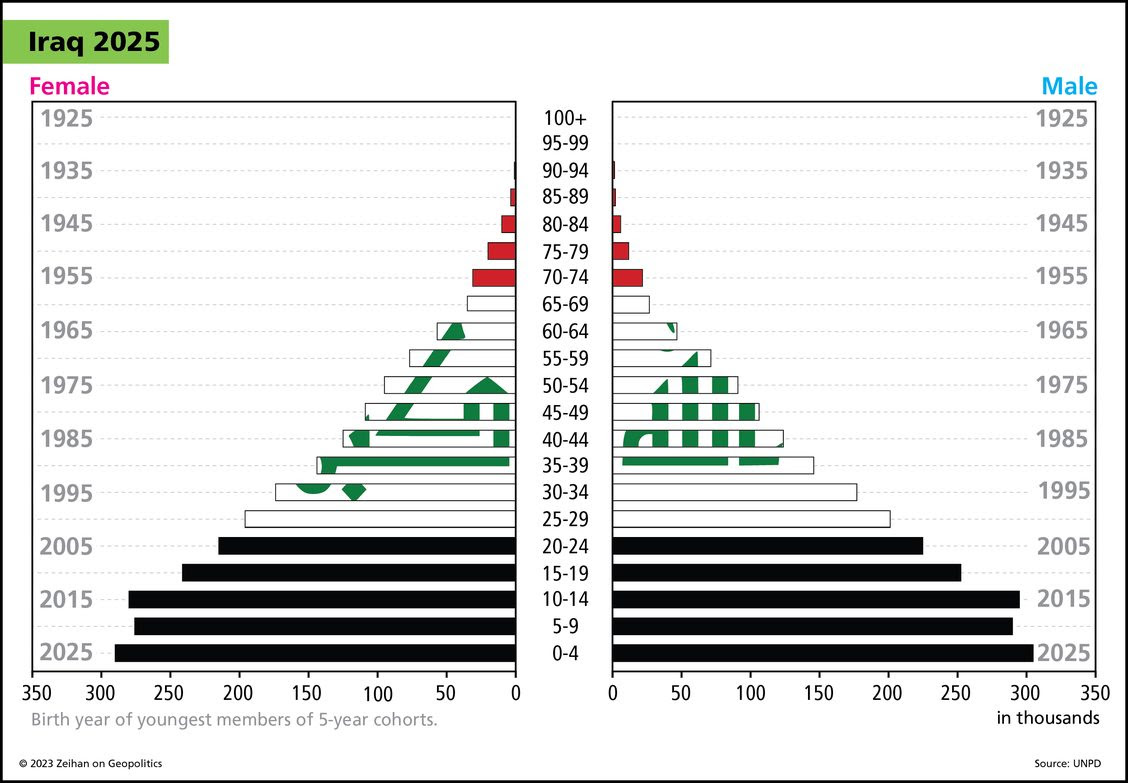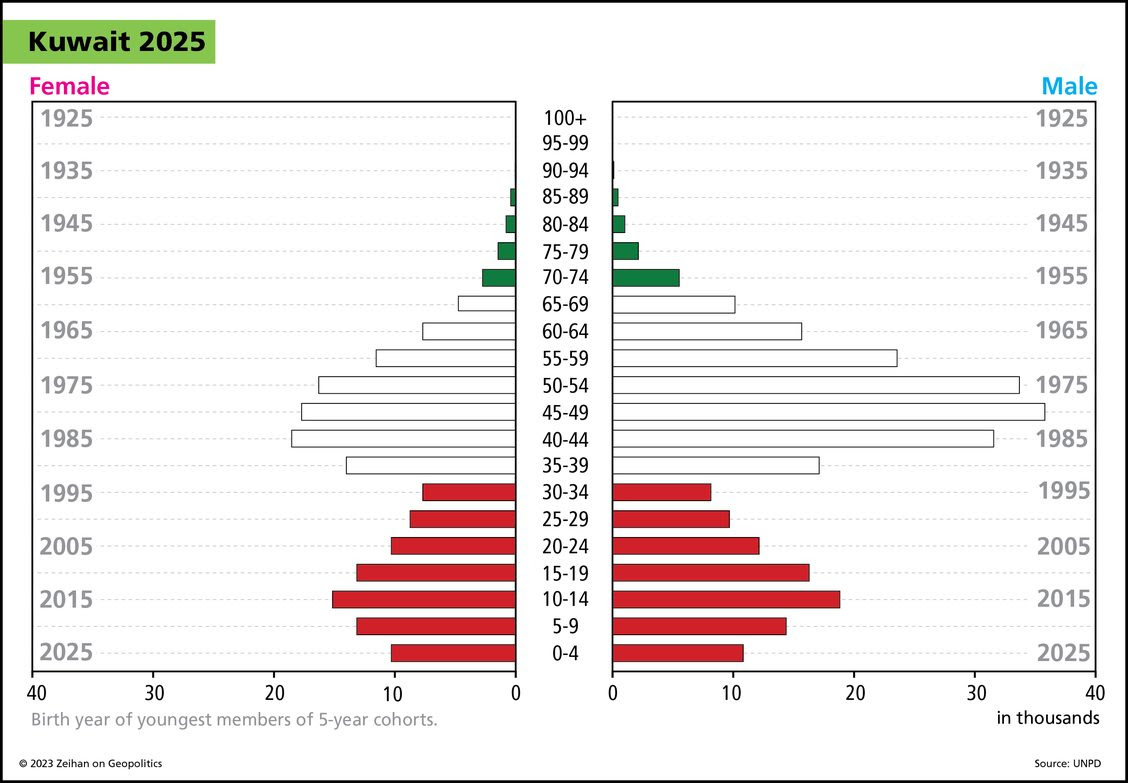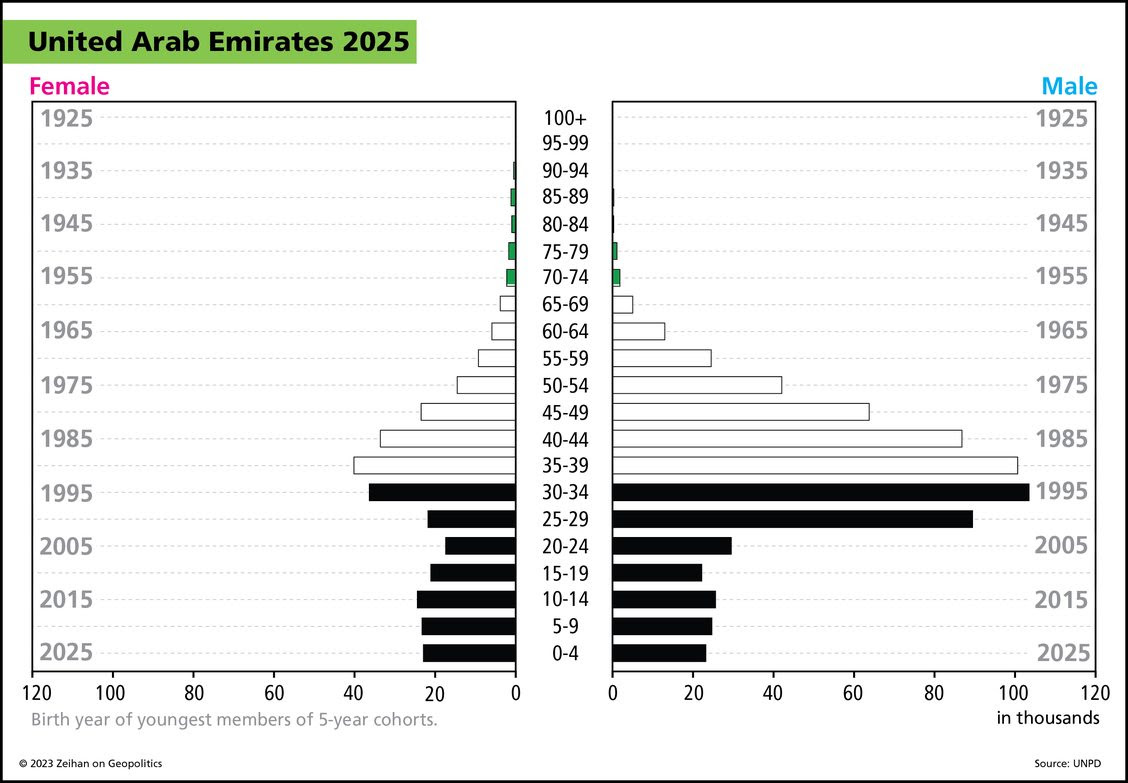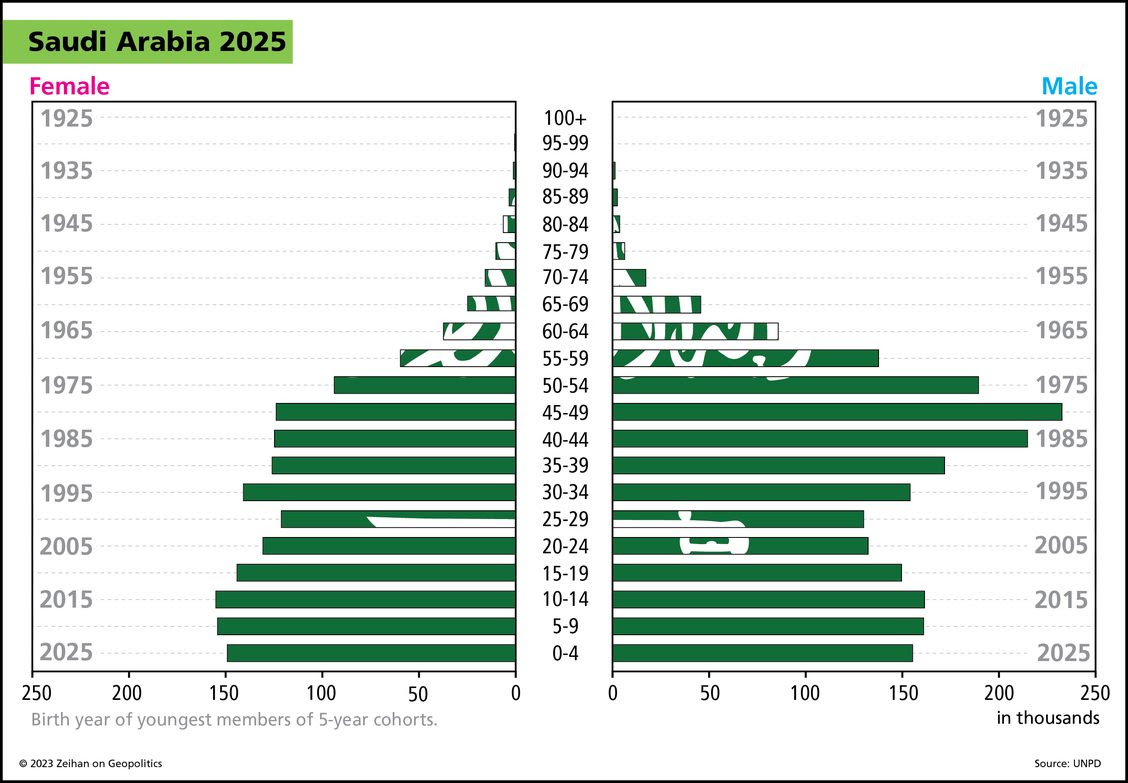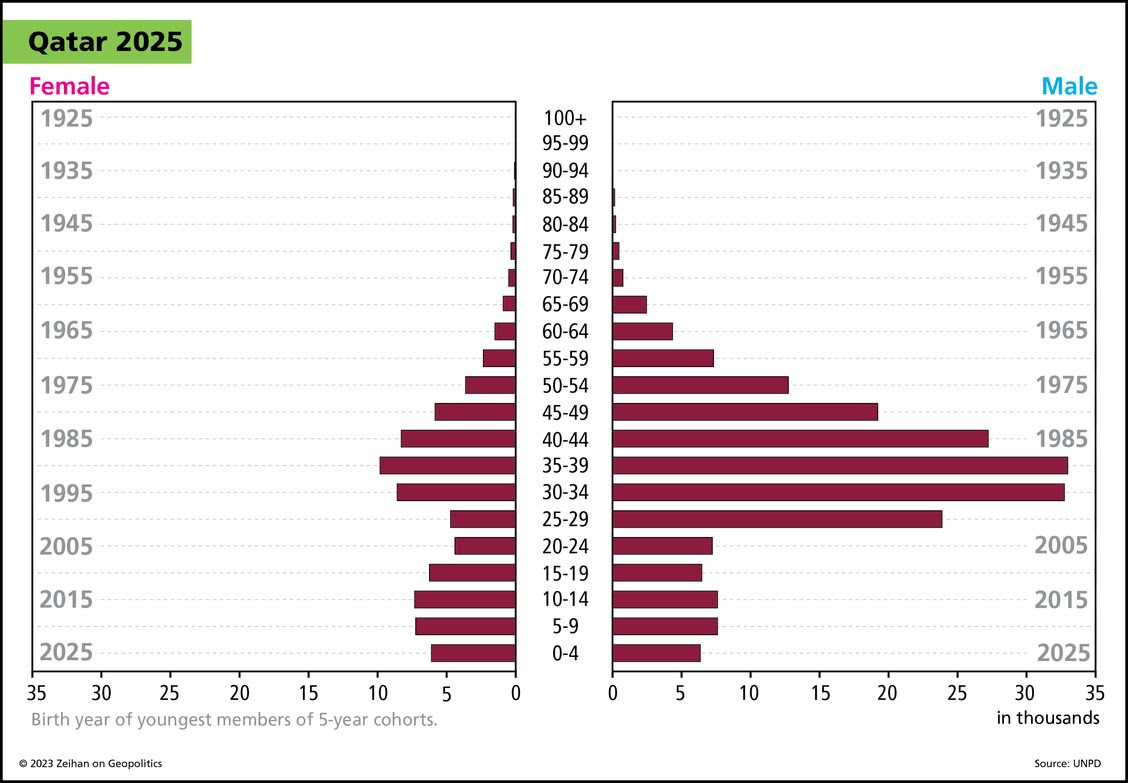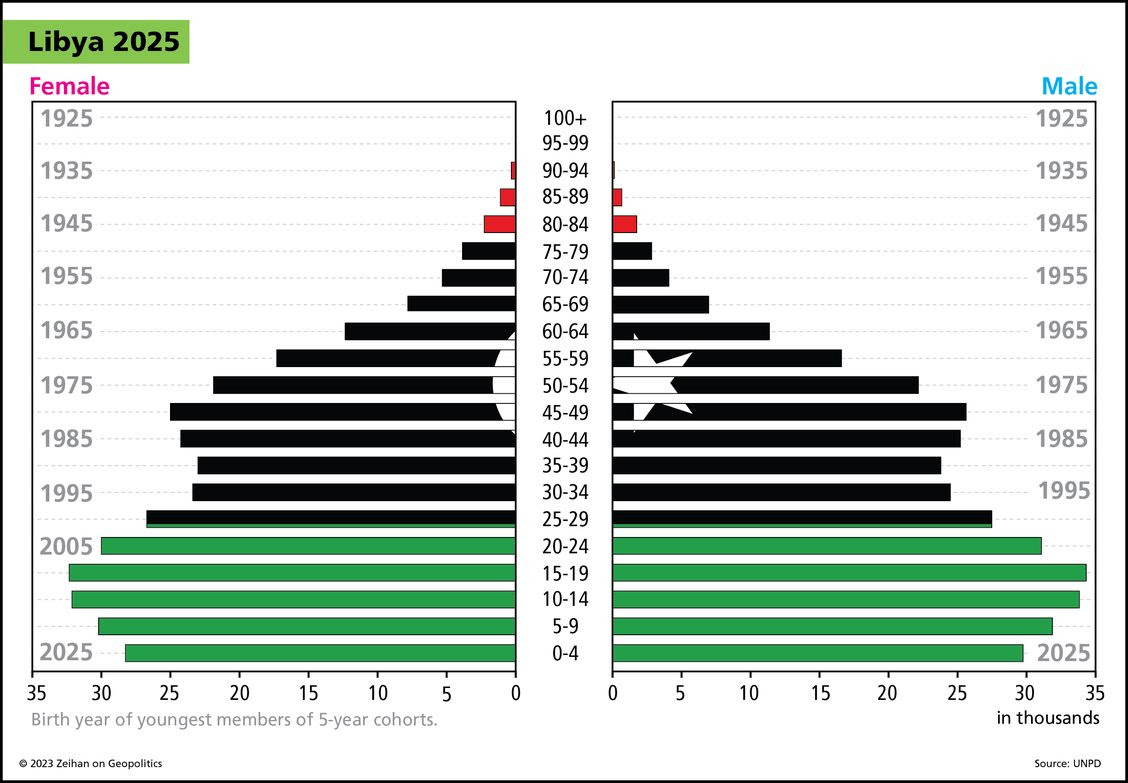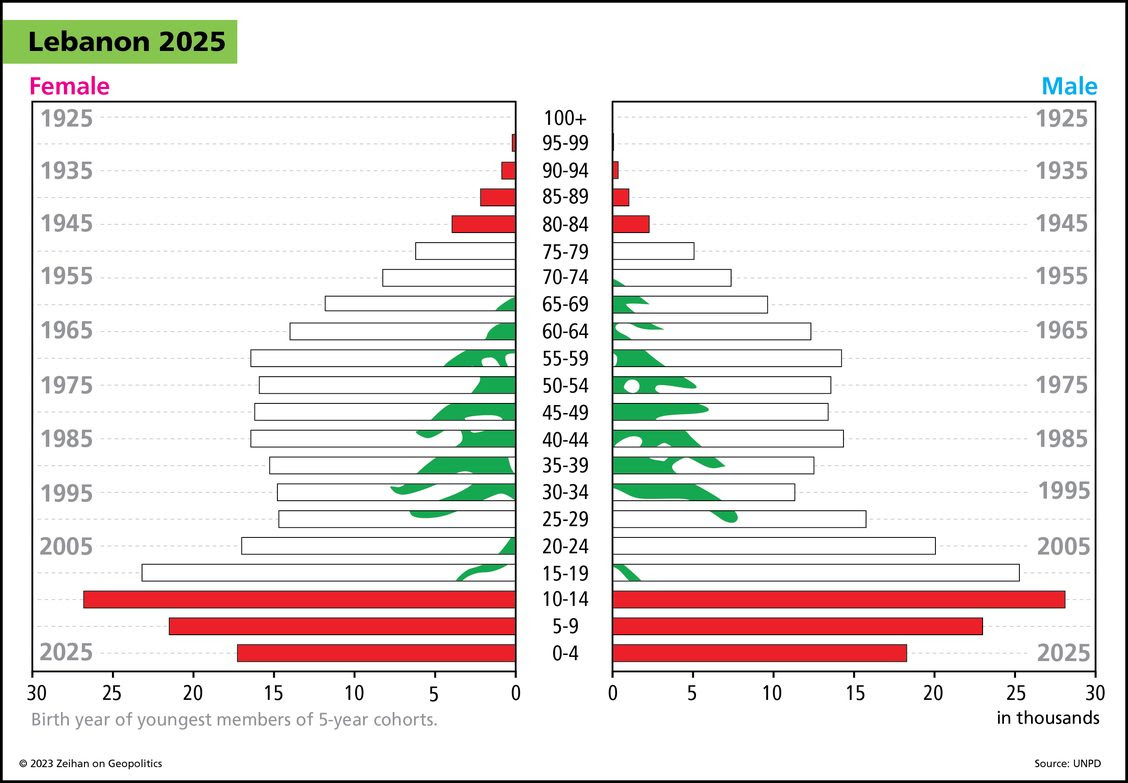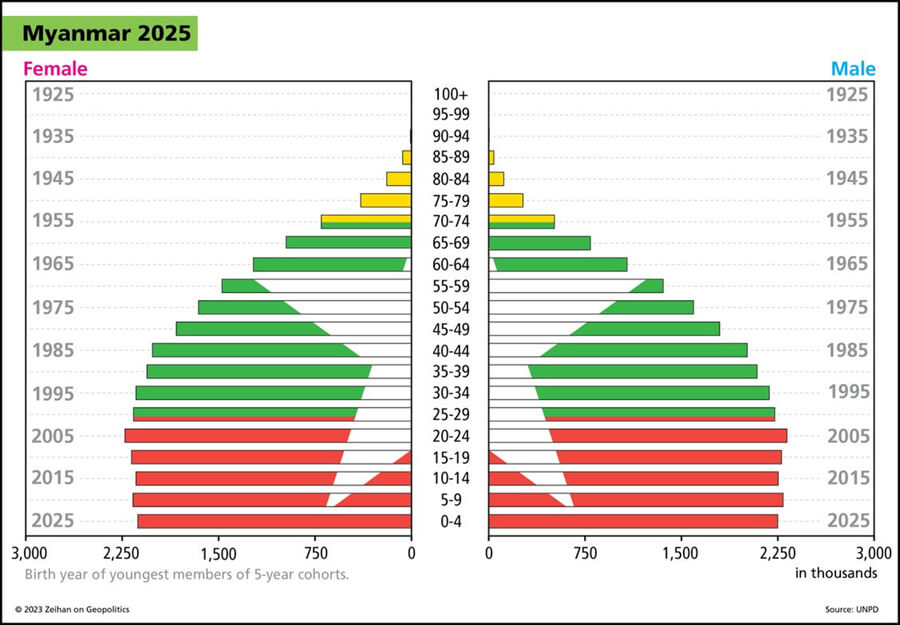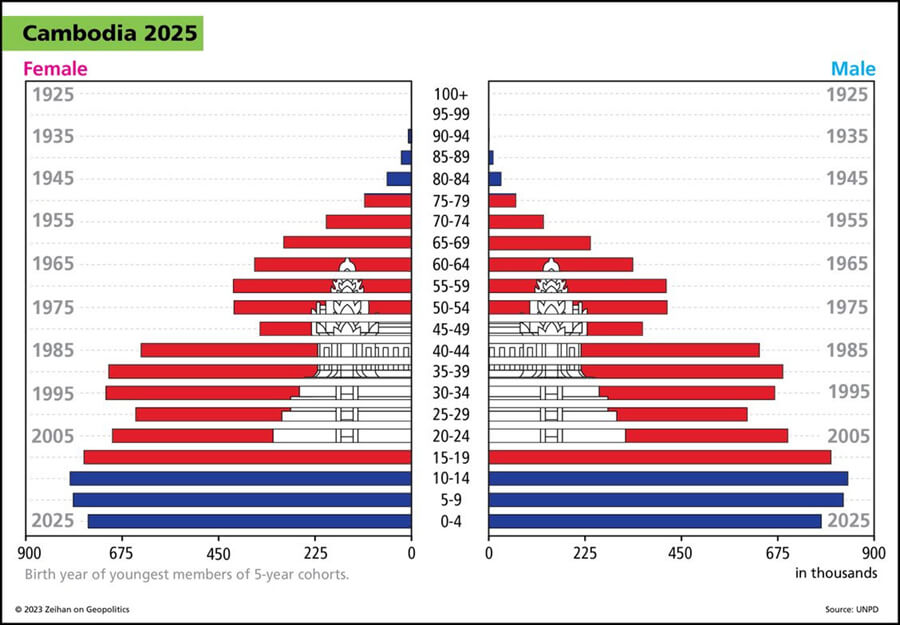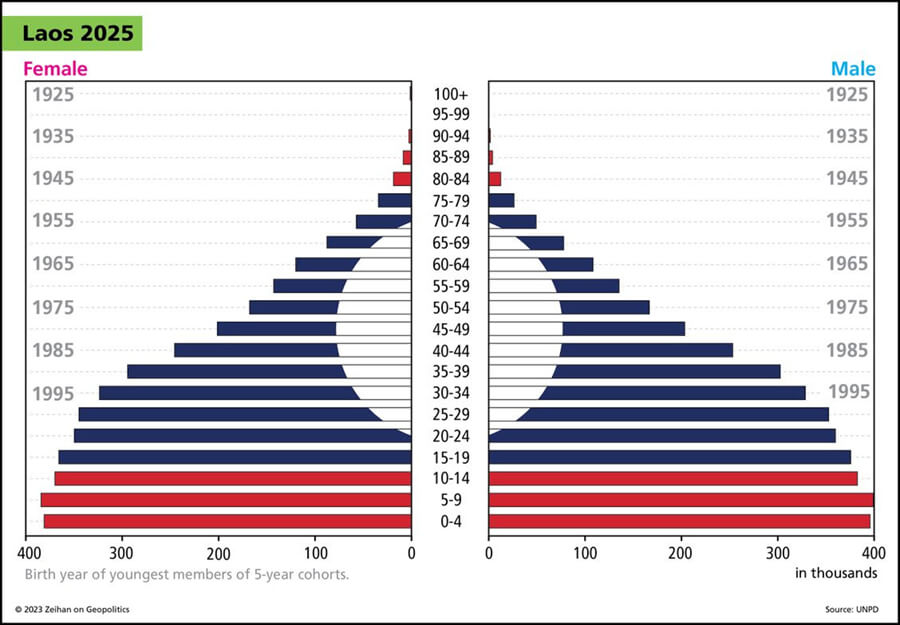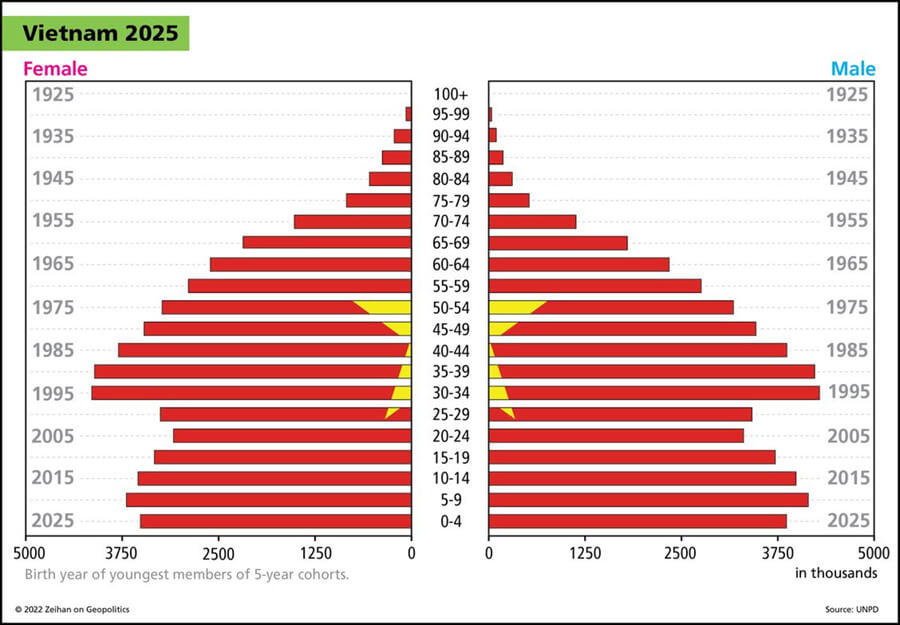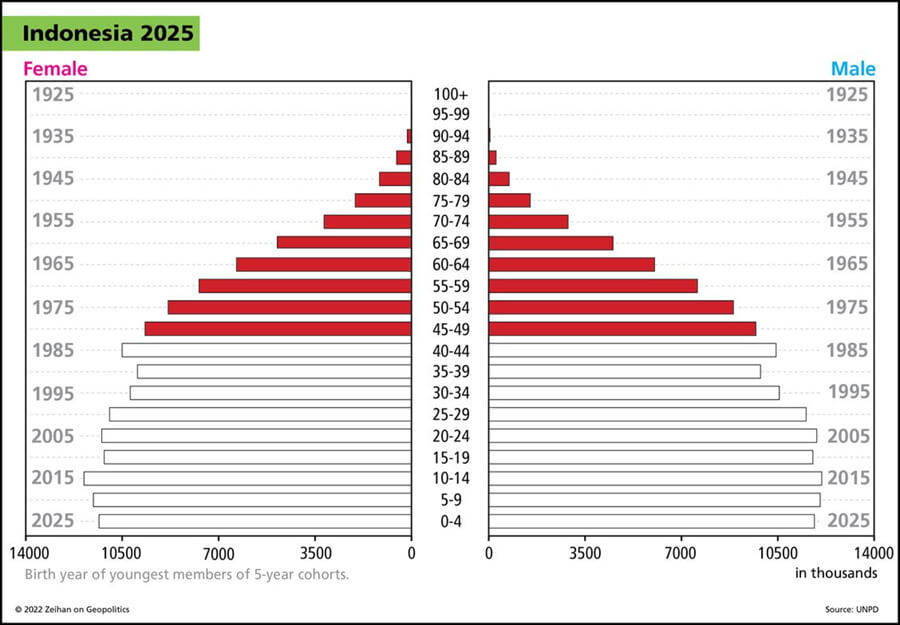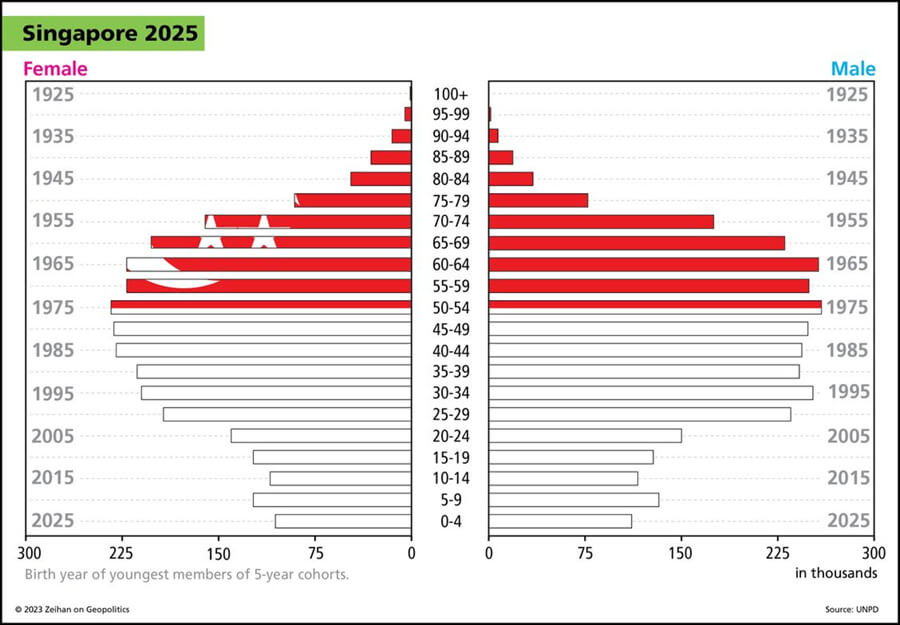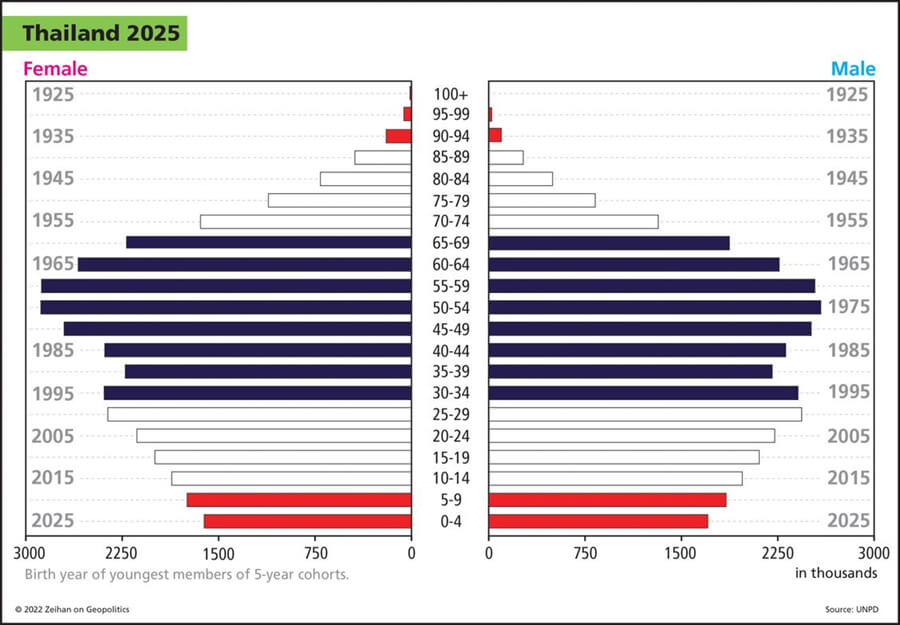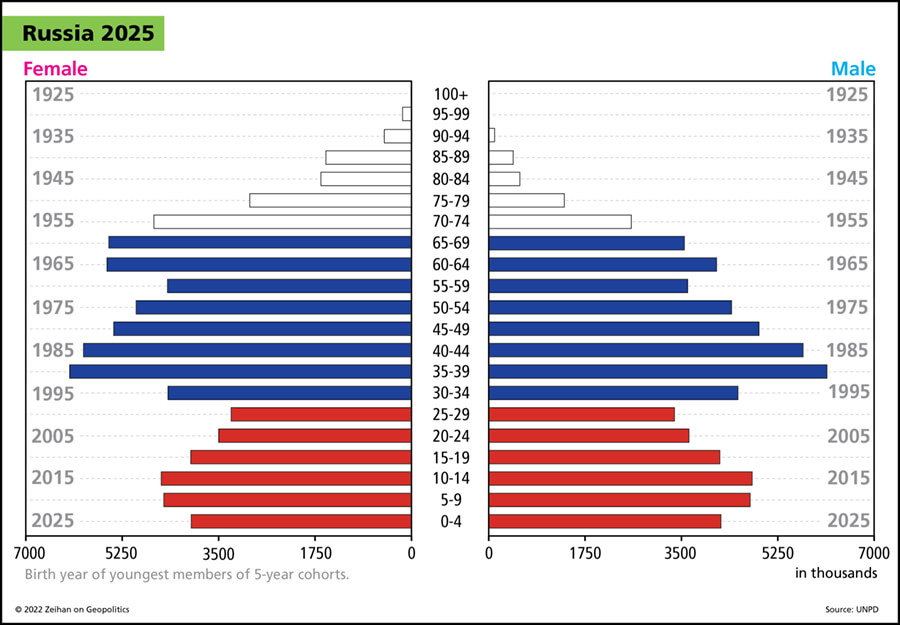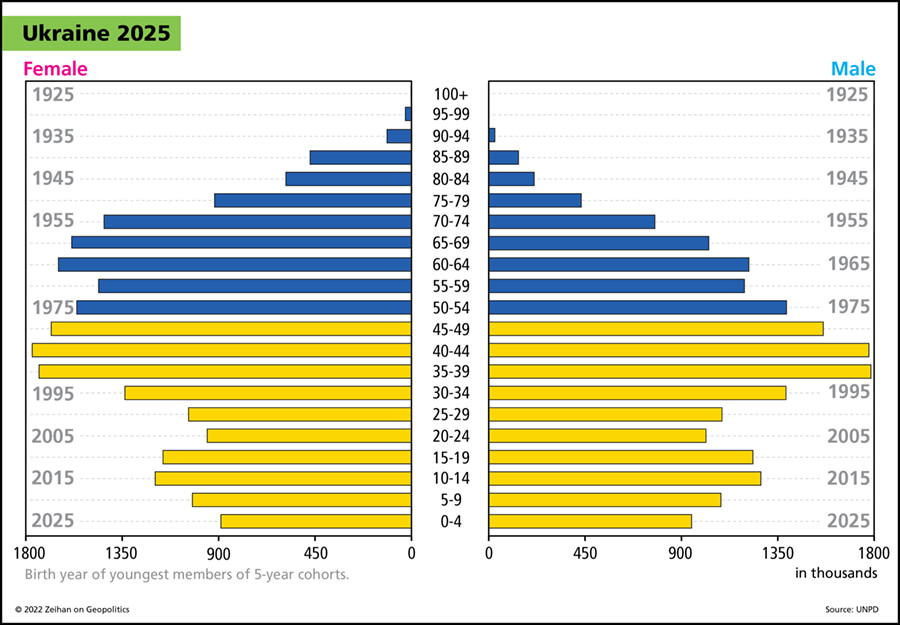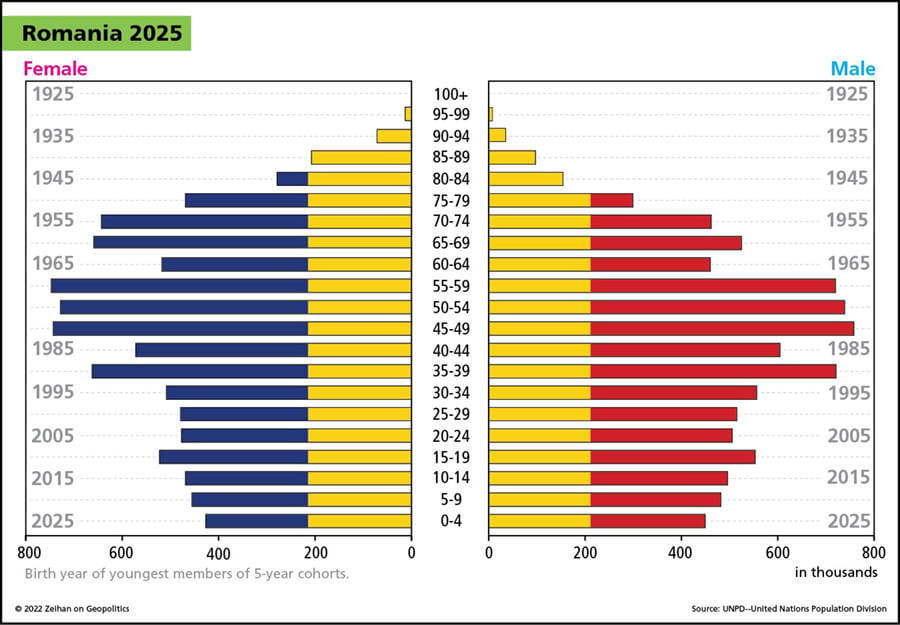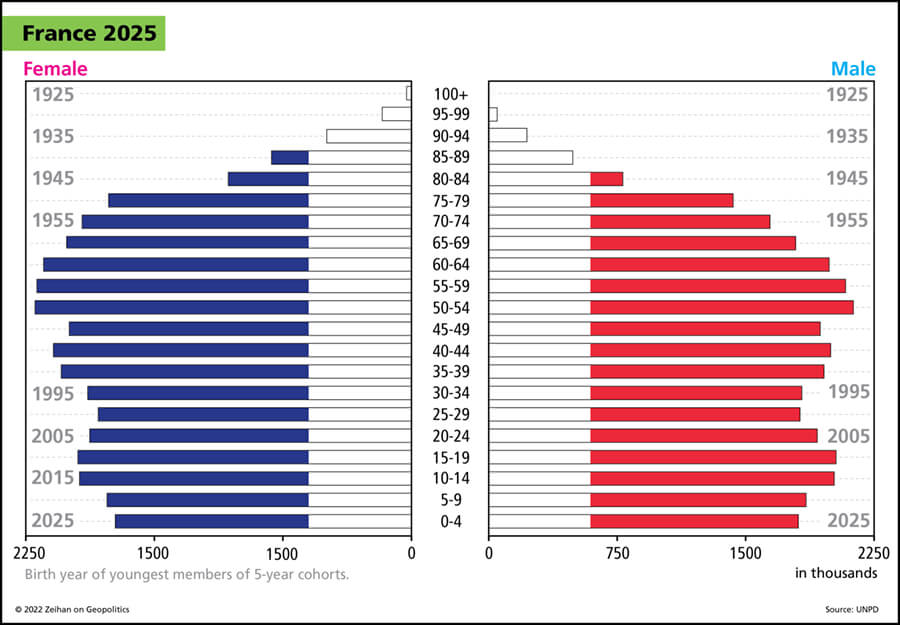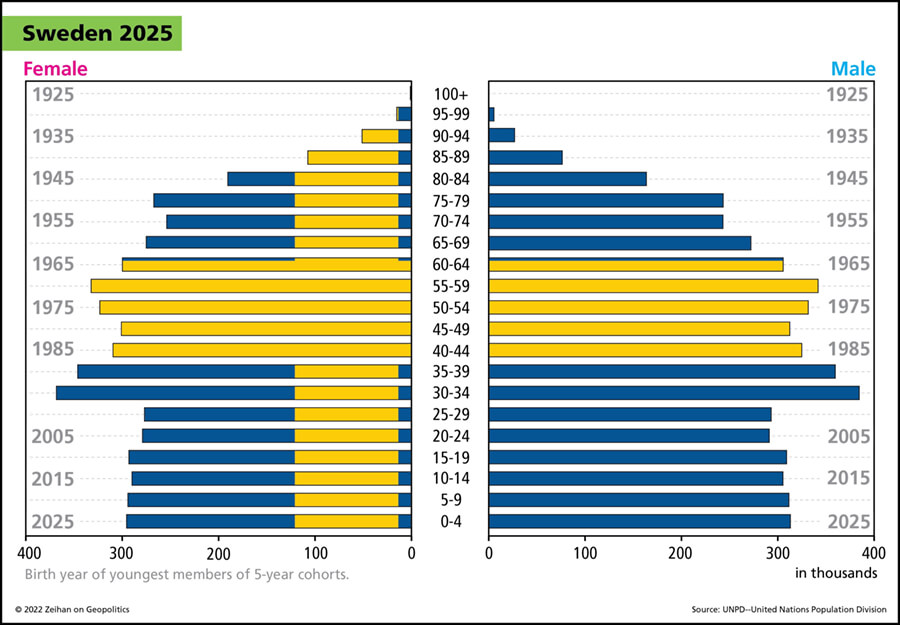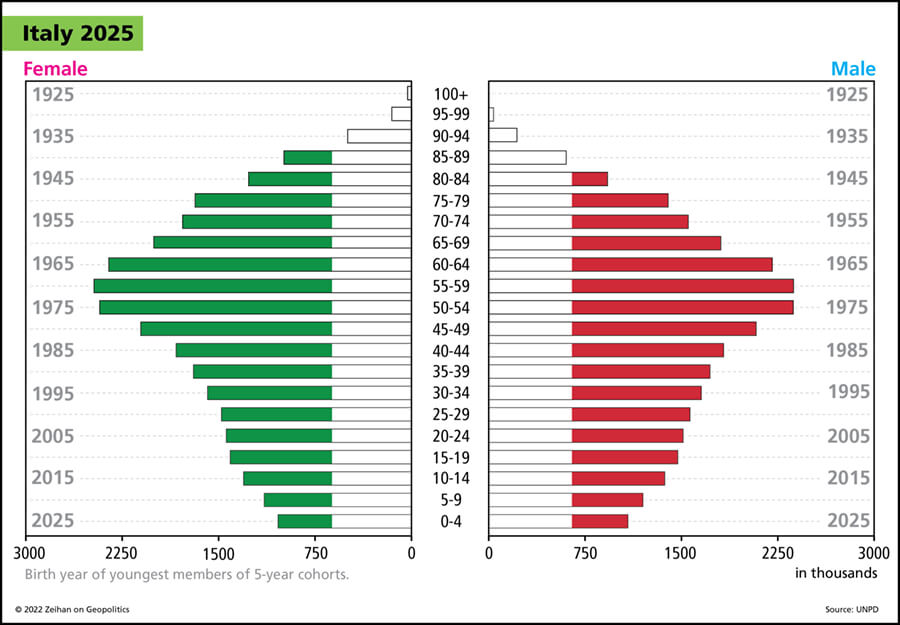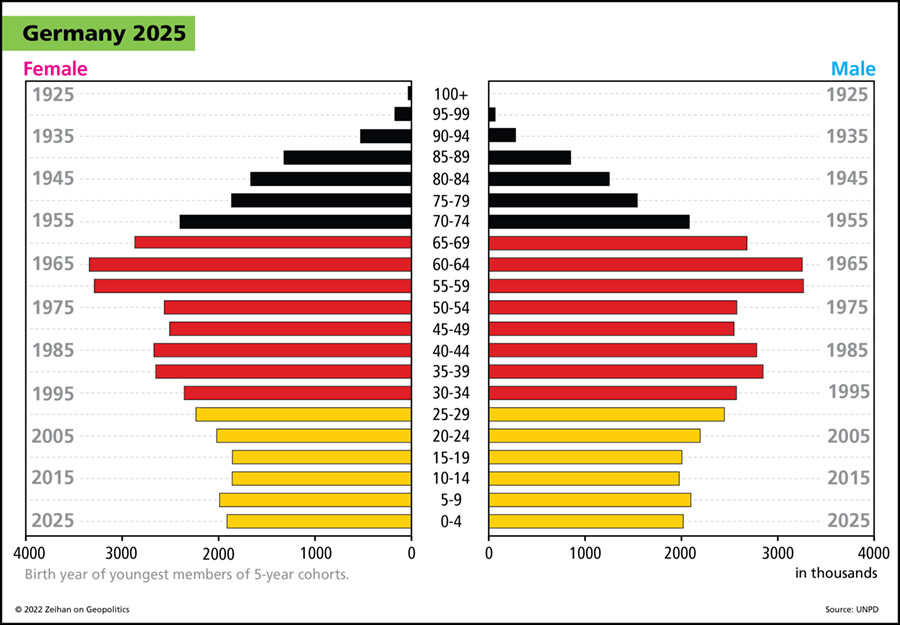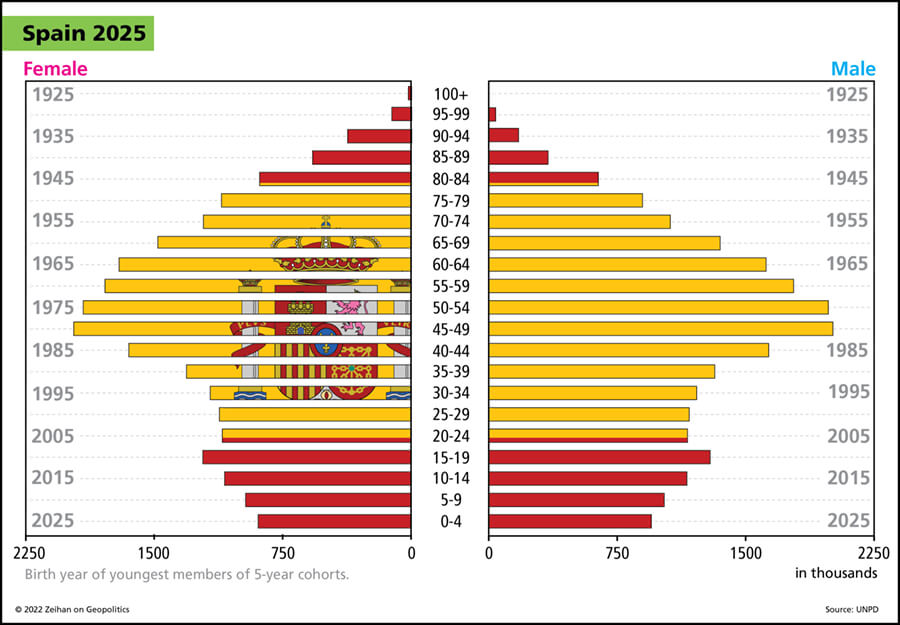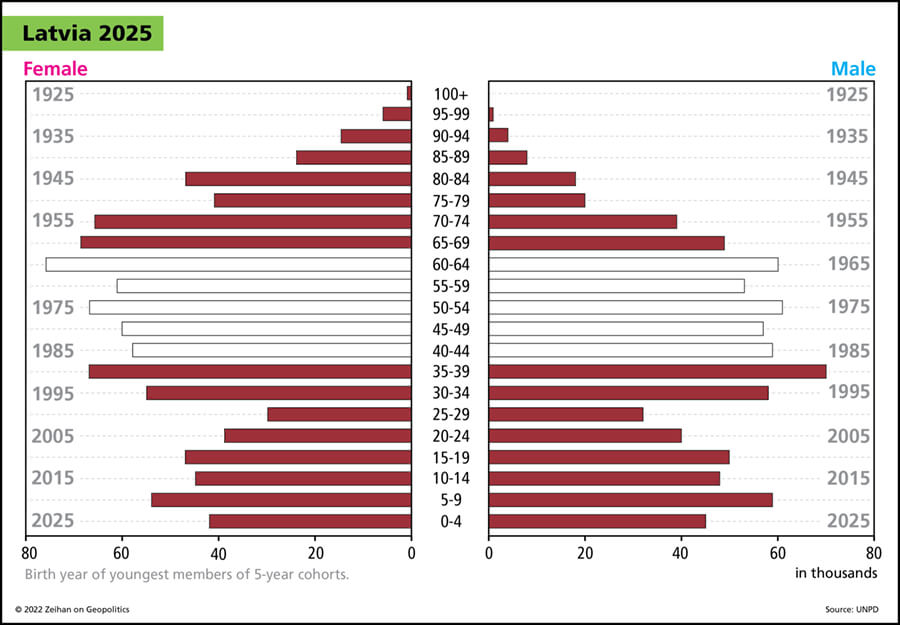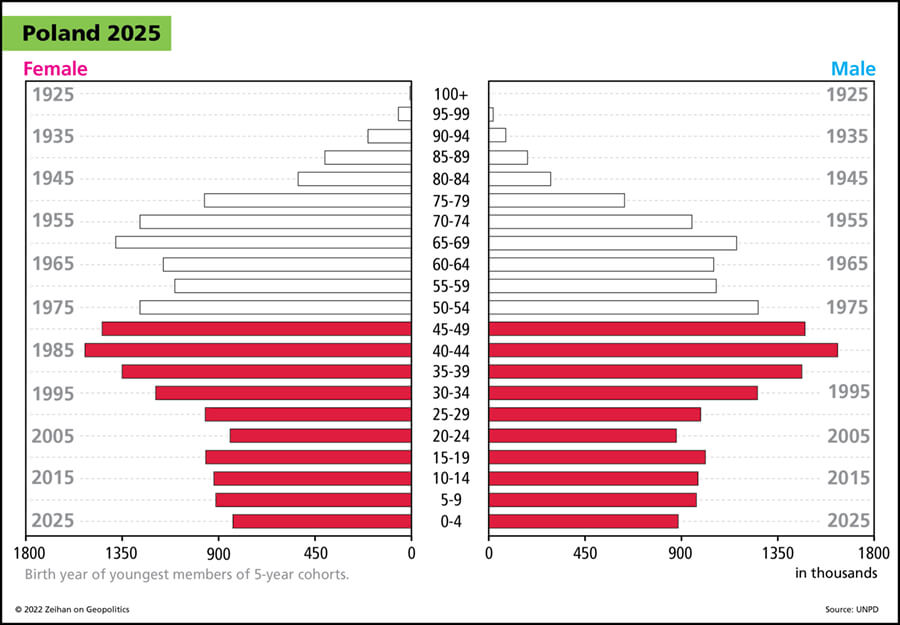I often talk about the importance of demographics for countries, but do high birth rates always equate to population growth?
In countries like Yemen and Nigeria, high birth rates can look promising, but we need to consider other factors before we start celebrating. The two big ones are infant mortality and life expectancy. As countries begin to industrialize, they start to reap the benefits of improved healthcare, driving up survival rates for children and adults alike. The story is all rainbows and butterflies so far.
However, if these advances in healthcare are heavily reliant on imported technologies, any disruption to international trade could prove devastating. The bottom line is that high and growing birth rates are great, but sustainable population growth requires a bit more work than just popping out some kids.
Here at Zeihan On Geopolitics we select a single charity to sponsor. We have two criteria:
First, we look across the world and use our skill sets to identify where the needs are most acute. Second, we look for an institution with preexisting networks for both materials gathering and aid distribution. That way we know every cent of our donation is not simply going directly to where help is needed most, but our donations serve as a force multiplier for a system already in existence. Then we give what we can.
Today, our chosen charity is a group called Medshare, which provides emergency medical services to communities in need, with a very heavy emphasis on locations facing acute crises. Medshare operates right in the thick of it. Until future notice, every cent we earn from every book we sell in every format through every retailer is going to Medshare’s Ukraine fund.
And then there’s you.
Our newsletters and videologues are not only free, they will always be free. We also will never share your contact information with anyone. All we ask is that if you find one of our releases in any way useful, that you make a donation to Medshare. Over one third of Ukraine’s pre-war population has either been forced from their homes, kidnapped and shipped to Russia, or is trying to survive in occupied lands. This is our way to help who we can. Please, join us.
TranscripT
Hey everyone. Peter Zeihan here. Coming to you from Colorado. We’re taking a and from lost a limb in the story. Anyway, we’re taking the entry from the Ask Peter Forum. It lets demographics. The question is I talk a lot about declining demographics and the impact that’s going to have. But what about countries that have sky high birthrates? Is this a good is this a bad?
Is this another thing? The two that come to mind are Yemen and Nigeria, both of which have birth rates that are just ridiculously high. How sustainable is this? What’s the impact? Good question. I generally look at birth rates when I’m looking at more advanced economies where the industrial technologies have been in place for decades. When you’re talking about the younger economies were industrial is Asian is more recent.
There’s a couple other statistics you need to look at. The first is infant mortality, and especially child mortality under five years of age. See, how likely is it that a child that who’s bored is going to make it to five? And then second is life expectancy overall. You see what happens when a country starts to industrialize is they don’t just get concrete and pavement and buildings and rebar and electricity.
They also get vaccines and medical care. And this drastically decreases the death rate among the young and drastically increases the average age of mortality among the older folks. So what we’re seeing in Yemen and especially in Nigeria is a steady inroads of these new technologies into the population. So it’s not just that the birth rate is high. Oftentimes for these countries that are early in the early industrializing period, the growth rate is very high.
The question is whether or not the children survive. And then the question is whether the adults survive. So take the example of China. From roughly 1985 until roughly 2015, the population doubled. But almost all of that population increase wasn’t from organic birth rate. It was because people lived longer. The lifespan basically doubled in that same period. Now, these gains are real.
These people are more productive. But you only get those sorts of gains once. And now that China has basically wrested all of the gains along Djibouti, it can’t out of the system because they’re coming against the upper level what humans are capable of today. There’s no one to replace them. So even if nothing goes wrong in the system, no financial crisis, no war, no agricultural crisis.
You’re still looking at a population collapse because people can’t live any longer than they are. And for the last 50 years, people have not been having children. So that inverted funnel, the bottom just goes up and sucks away the entire population. Yemen and Nigeria at a much earlier stage of this process, there’s nothing to say that they’re condemned to the the Chinese end result.
But keep in mind that in the case of these two countries in particular, most notably Yemen. But all of the technologies that allow them to live longer come from a different continent. And so if anything happens to international trade, you should expect infant mortality to shoot up and life expectancy to collapse. And then they just get sandwiched in between.
It’s not merely as dark of a story as what we’ve got going on in China, but it’s not exactly a great one. If you’re going to have life expectancy and if you’re going to have infant mortality, be pause, have aspects of your society. You need to be able to be sure that you can produce the technologies that allow it to happen in the first place.
Otherwise, you’re just as dependent on the rest of the world as if you imported 100% of your oil.





